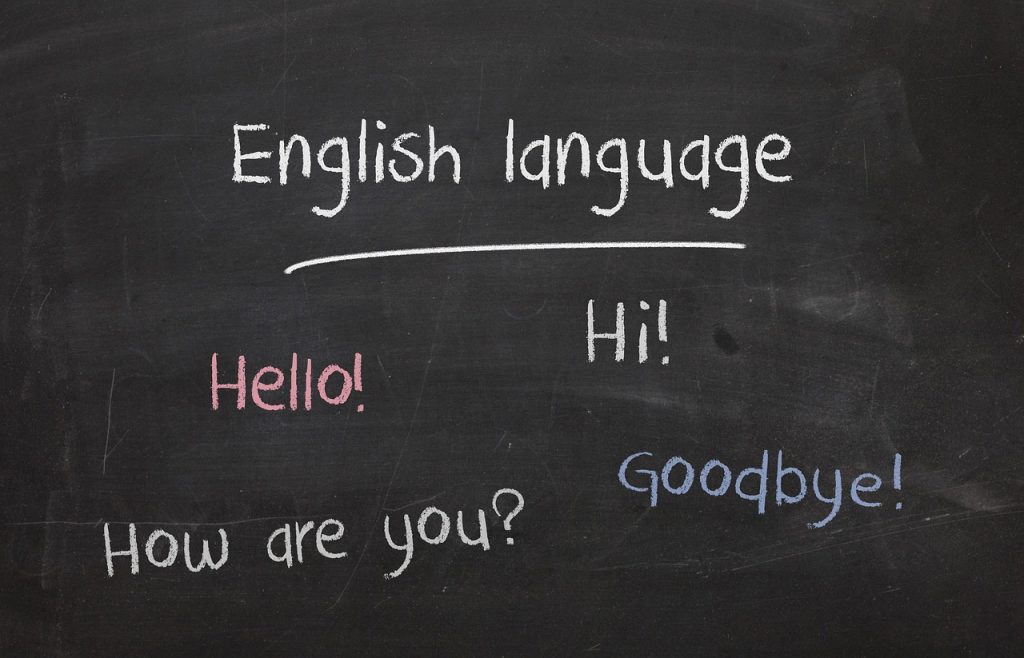English Language Day at the United Nations is commemorated on April 23, a date traditionally associated with both the birth and death of William Shakespeare. Besides being the most renowned playwright in English literature, Shakespeare profoundly influenced modern-day English.
On this day, we explore the distinctions between the legal language used in the United Kingdom and the United States, emphasising the necessity for meticulous word selection.
Common Law
The Magna Carta, issued in June 1215, stands as the inaugural document articulating the principle that the King and his Government are subject to the law. This historic document curtailed the King’s exploitation of power, establishing Common Law by placing limitations on royal authority.
Both the United States (based on the U.S. Constitution) and the United Kingdom apply ‘common law’—referred to as ‘case law’ in the U.S.—as a foundational source for legal decisions.
The Significance of Word Choice
An article from Lexology.com underscores the importance of word choice when navigating differences between U.S. and U.K. law. It contends that stylistic requirements and vocabulary nuances can lead to unintended consequences. For instance, the term ‘best endeavours,’ preferred in contracts governed by U.K. law, should be substituted with ‘best efforts’ in U.S. legal documents. While clarity is universally acknowledged, the legal realm allows for varying interpretations of identical terminology by the courts of the respective countries.
Legal Roles
Legal titles and roles diverge between the two countries.
While many law firms employ paralegals, they are not authorised to provide legal advice or represent clients in court.
In the UK:
- A solicitor provides counsel and drafts legal documents, occasionally representing clients in minor court cases.
- A barrister, an expert in a specific field, advocates in the courtroom, with solicitors arranging their representation for clients.
In the US:
- A lawyer or attorney, licensed by individual states and territories, performs duties similar to a U.K. solicitor and represents clients in court within their licensed state.
- A litigator is the U.S. equivalent of a U.K. barrister.
Court systems
In the UK:
- The United Kingdom’s court system features three primary levels where a case may be adjudicated. The process begins in the Crown Court, equivalent to the initiation stage in the US District Court. Subsequently, decisions from the Crown Court can be appealed to the Court of Appeals, and at the apex stands the Supreme Court.
In the US:
- In the United States, the court system is generally structured into three tiers: the District, Appellate, and Supreme Courts, mirroring the three levels in the UK. However, the US system comprises both federal and state courts, functioning concurrently and adjudicating on partially overlapping areas of the law. Individuals have the option to appeal their cases through these three levels within either the state or federal courts. Notably, appeals from the State Supreme Court can be directly taken to the US Supreme Court, which serves as the highest judicial authority in the United States.
Both countries also incorporate specialised courts for specific legal domains such as bankruptcy and military matters, among others.
George Bernard Shaw’s famous remark that the United States and the United Kingdom are ‘two nations divided by a common language’ highlights the need to be vigilant about seemingly inconspicuous linguistic disparities, especially in legal matters.

